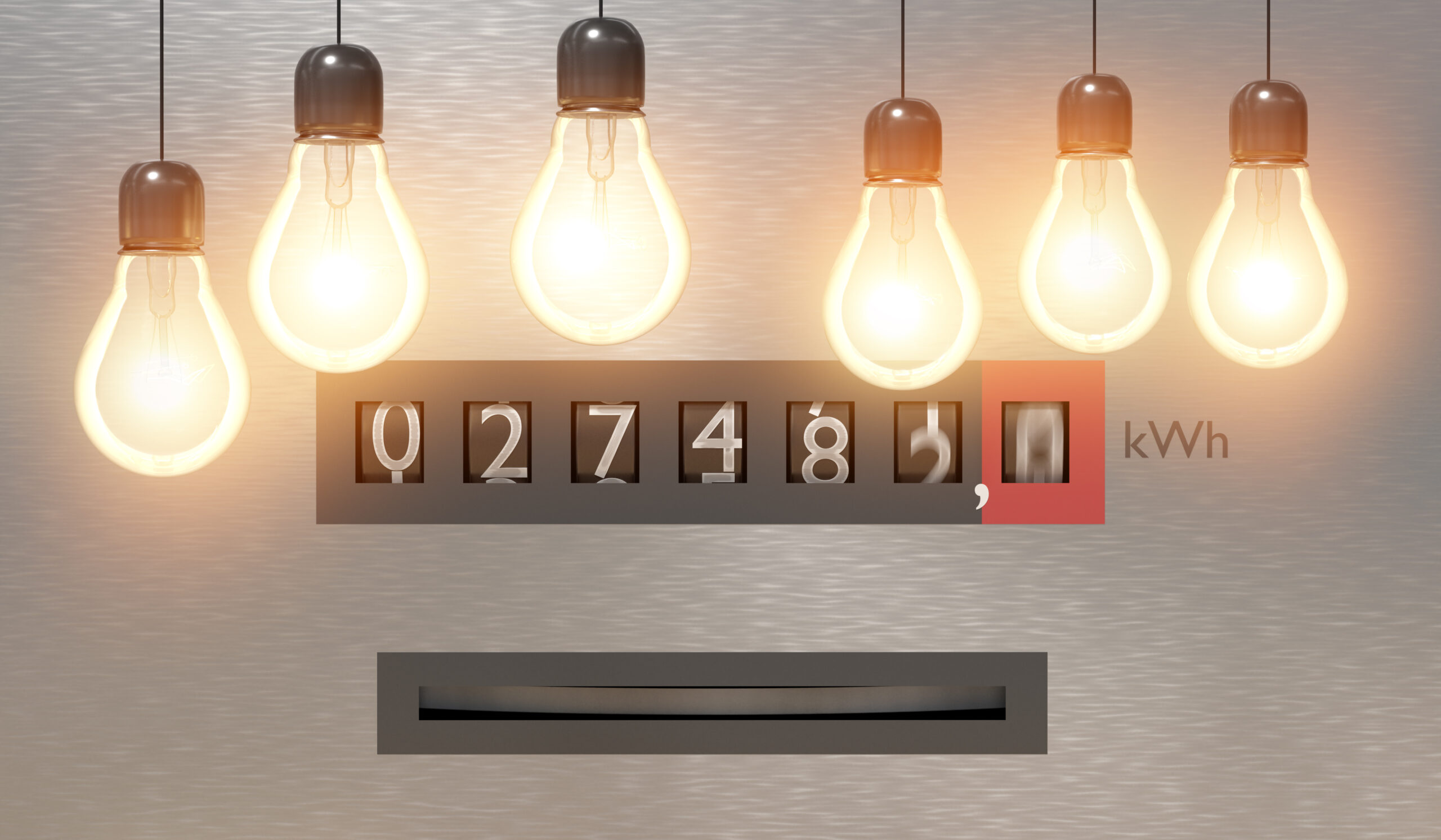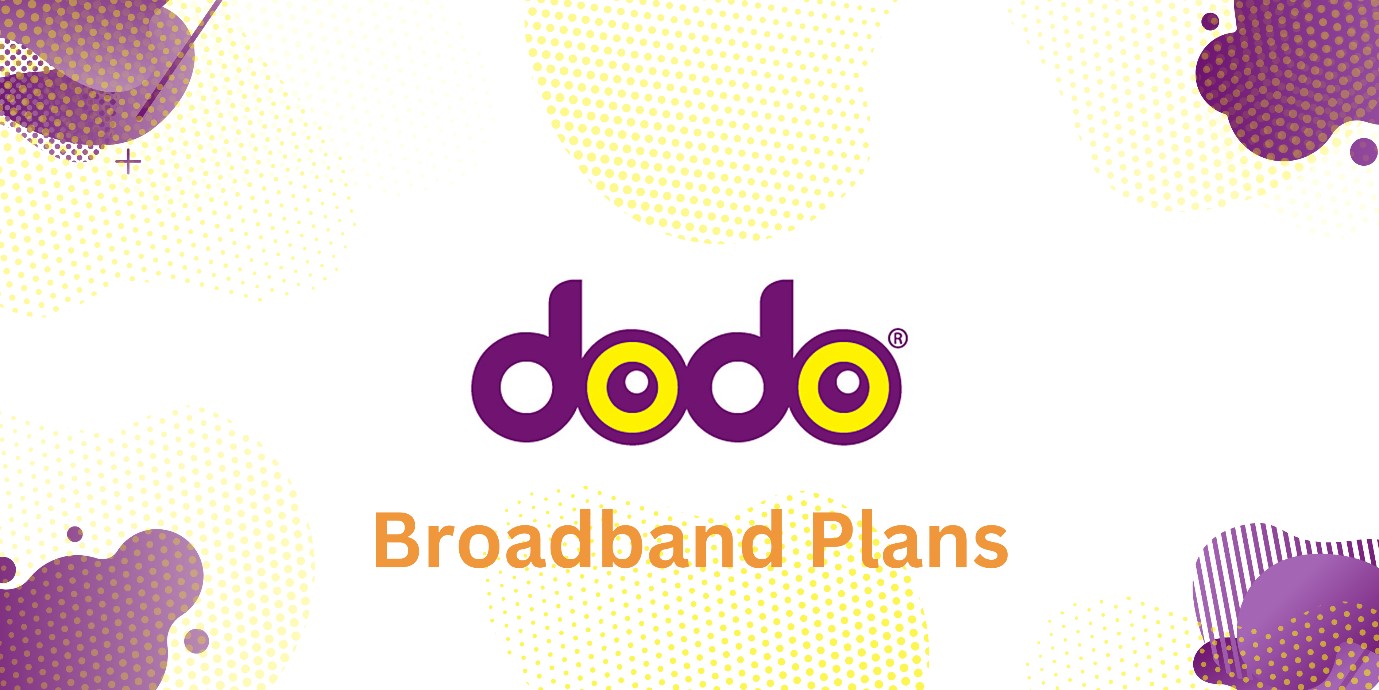High-speed internet has become a necessity in modern-day life. Whether you are working from home, streaming entertainment, online gaming or even remote learning, none of it is possible if you can’t get connected.
When comparing plans, it’s important to know what you are looking for to ensure you get the best deal. While high speeds are definitely important, simply picking the plan with the highest limit is likely to cost you more than you need to pay.
This guide will help you understand the best speed for your household so you can find your perfect plan.
On this page:
- The importance of speed
- Understanding speed by activity
- Understanding speed by household size
- Factors affecting speed
- 5G and NBN Plan Comparison
The importance of speed
If you have ever sat and drummed your fingers while your favourite movie buffers, or waited hours for a file to download, that’s the result of slow internet. To enjoy your online experience, you need an internet speed that is sufficient to carry out your intended activities.
There are two elements to speed. Download speed refers to the volume of data that your device can receive during a certain period of time. This is the speed that affects streaming content, loading videos and images on social media and downloading files.
Upload speed is the opposite – the volume of data that you can send from your device during a certain period of time. A fast upload speed is needed to send large files, online gaming and video calls (the last two actually need a combination of downloads and uploads).
Speed is measured in megabytes per second (Mbps) which is the volume of bytes your connection can transfer every second.
Understanding speed by activity
When you do a 5G and NBN comparison, you will see the typical evening speeds are 225Mbps and 50Mbps respectively. However, you might be surprised to find out how little speed you actually need for some of the most common activities.
The list below is a guide only, actual speeds may vary.
0 – 5 Mbps
- Browse the internet
- Listen to music
- Check social media
- Check emails
- Make phone calls
5 – 40 Mbps
- Stream standard definition content – watch Netflix or other tv shows and movie platforms
- Make a video call
- Play one-player online games
40 – 100 Mbps
- Stream high definition content
- Download large files
- Play multiplayer online games
100 – 500 Mbps
- Stream multiscreen, ultra high definition content
- Fast file downloads
- Play enhanced multiplayer online games
500 – 1,000 Mbps
- Stream multiscreen 4K video content
- Fast file downloads
- Play enhanced multiplayer online games, including AR and VR
- Multi-tasking
Understanding speed by household size
If you live in a large household, or run a small business, you might have noticed that when more people log on, your internet experience suffers. While the type of activity each user is partaking in is a major factor, the list below gives you a guide to the internet speed required to meet your household’s needs.
- 1 user – 0 – 5 Mbps
- 1 – 2 users – 5 – 40 Mbps
- 3 – 4 users – 40 – 100 Mbps
- 3 – 6 users – 100 – 500 Mbps
- 6 – 9 users – 500 – 1,000 Mbps
Factors affecting speed
Even if you have signed up for a high-speed plan, chances are you experience the occasional slow down now and then. There are several reasons that your internet might not be performing to its full potential.
- Connection type
5G is currently the fastest connection available, with uncapped maximum speeds. The NBN offers an extremely fast maximum speed of 1,000Mbps, however, the type of NBN available in your area could affect this.
The most common types of NBN are fibre to the node (FTTN), fibre to the curb (FTTC) and fibre to the premises (FTTP).
FTTP connections are considered the fastest because they use high-speed fibre optic cables all the way to the NBN box on your home, whereas other connection types use fibre optics to either a node in your area, or to your curbside, and slower copper wire for the remainder of the connection.
- Lag
Lag is caused by a slow ping rate. This means the time it takes for the signal to travel from the Internet Service Provider’s (ISP) server to your computer is slower than usual.
Certain types of internet, such as satellite connections, tend to suffer from lag more commonly than cable connections.
- Bandwidth
Bandwidth refers to the maximum data your internet connection can handle at any given time. Like speed, it is measured in Mbps.
If your bandwidth is 5 Mbps, then this is the maximum speed you will reach, no matter how fast your internet plan is.
If you need high-speed internet, it’s important to check your bandwidth and upgrade your connection if necessary, before signing up for an expensive, fast broadband plan that you won’t be able to use.
- Congestion
Network congestion is caused by a large number of users connecting at the same time, such as during peak periods. With a large number of people working from home, this often happens during office hours, when workers are using their individual home connections to log on, rather than the office internet.
- Strength of the signal
A weak signal will result in slow speeds. There are ways to strengthen your signal, such as a WiFi signal booster, if you find that the signal in your home isn’t strong enough. This can happen if you live in a large home or multi-storey dwelling.
5G and NBN Plan Comparison
If it’s speed you are after, an internet plan with NBN or 5G is undoubtedly the way to go. However, if your internet activities only call for slower speeds, you could save money with a 3G or 4G option, without impacting your online experience.
If you are a regular Pay TV Australia consumer, then you can also find Foxtel deals that bundle channel packages and broadband for a great saving.
Take a look at the table below for some of our favourite options, or talk to a CheapBills expert to find a plan to match your unique needs.
| Provider | Plan |
| Optus | Internet Family Entertainer (NBN)
|
Optus 5G Internet Entertainer Superfast
|
|
| Belong | 100GB Data Plan (3G and 4G)
|
NBN
|
|
| Foxtel | Unlimited Broadband + Premium
|
Next steps
To get connected to the best NBN providers or a brand new 5G plan, call CheapBills on 1300 786 045 or enter your details online.
Using our 100% free comparison service, we’ll find you the best deal and get you connected, all in one easy phone call!








